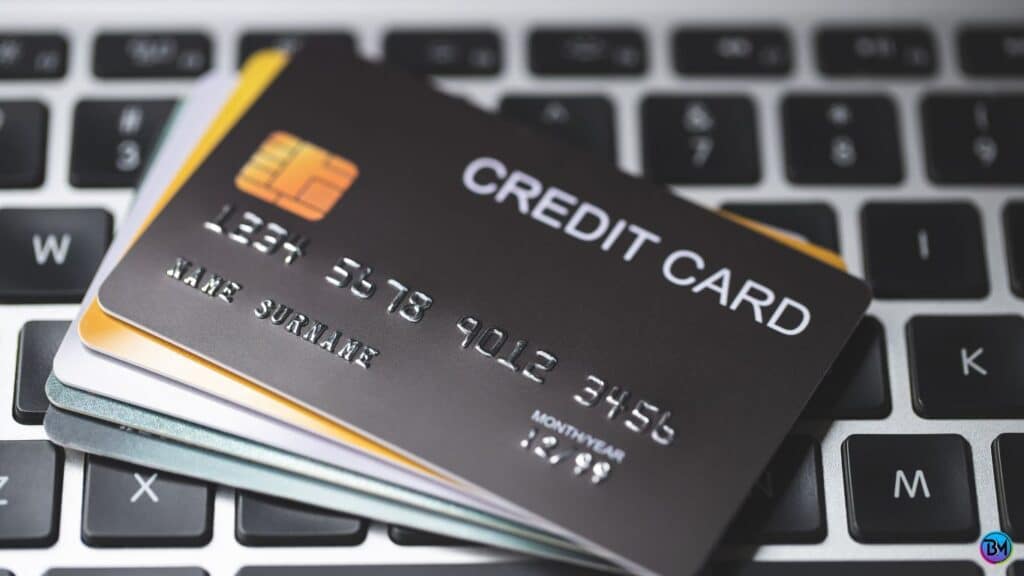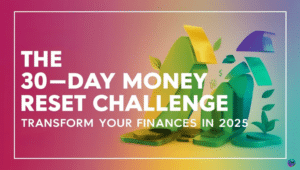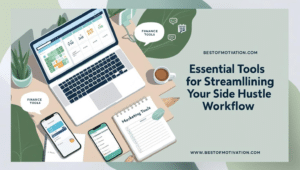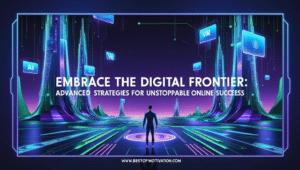Struggling with credit card debt? Discover effective strategies to pay down and eliminate credit card debt, achieving financial freedom.
Managing credit card debt can feel like navigating a complex maze, especially when balancing other financial responsibilities such as student loans, rent, and saving for future goals. Whether you’re just starting your financial journey or looking to regain control, understanding how to effectively execute a credit card payoff is crucial. This comprehensive guide will walk you through proven strategies, practical tips, and motivational advice to help you pay down and eliminate credit card debt, securing your financial future.
📊 Credit Card Statistics
Latest Data & Research
\$986 Billion
Total U.S. credit card debt in 2023, reaching an all-time high.
20.4%
Average credit card APR in 2024, highest rate in decades.
\$6,365
Average credit card balance per American household.
83%
Of Americans own at least one credit card in 2024.
- Federal Reserve Data
- Credit Bureau Reports
- Financial Institution Studies
- Market Research Analysis
Understanding Credit Card Debt
Before diving into repayment strategies, it’s essential to understand what credit card debt entails and how it impacts your financial health.
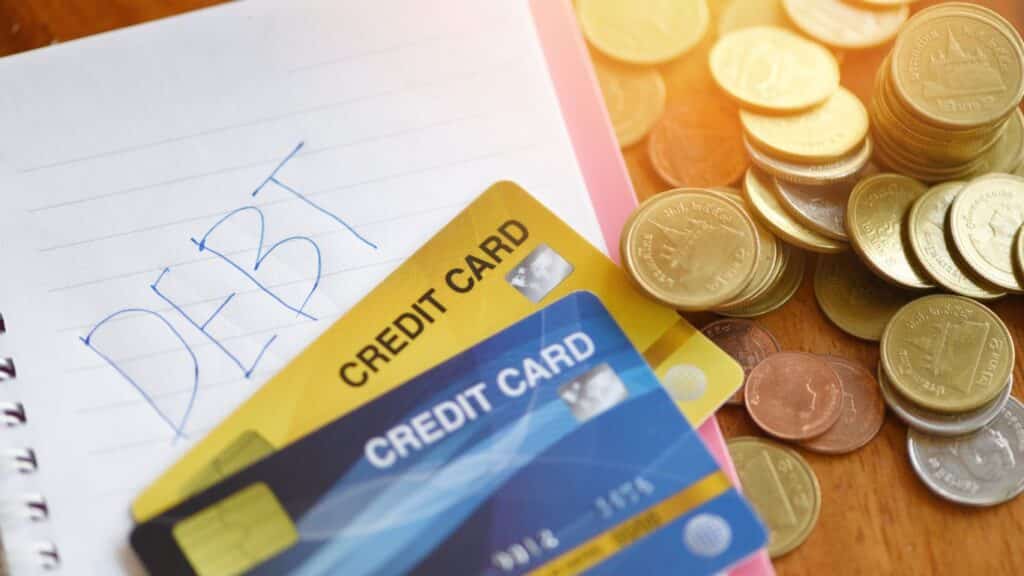
What is Credit Card Debt?
Credit card debt arises when you carry a balance on your credit card beyond the grace period, incurring interest charges. This debt can accumulate quickly due to high-interest rates, making it challenging to pay off if not managed properly.
Why It’s Important to Address Now
- High-Interest Rates: Credit card interest rates can be significantly higher than other forms of debt, increasing the total amount you owe over time.
- Credit Score Impact: High credit card balances can negatively affect your credit score, impacting your ability to secure loans or favorable interest rates in the future.
- Financial Stress: Carrying debt can lead to increased stress and anxiety, affecting your overall well-being.
Assess Your Debt 📊
Before creating a plan, you need a clear picture of your current debt situation.
List All Credit Cards
- Card Name: Identify each credit card you hold.
- Outstanding Balance: Note the current balance on each card.
- Interest Rate (APR): Record the Annual Percentage Rate for each card.
- Minimum Monthly Payment: List the minimum payment required for each card.
Example Table:
| Credit Card | Balance | APR | Minimum Payment |
|---|---|---|---|
| Visa | $3,000 | 18% | $90 |
| MasterCard | $1,500 | 22% | $45 |
| Discover | $2,000 | 15% | $60 |
Calculate Your Total Debt
Add up all your credit card balances to understand the total amount you owe. This will help you prioritize which debts to tackle first.
Total Credit Card Debt: $6,500
Create a Budget that Works 📝
A well-structured budget is the foundation of effective debt repayment.
Track Your Income and Expenses
- Income: List all sources of income, including salaries, freelance work, and side gigs.
- Expenses: Categorize your monthly expenses (e.g., housing, utilities, groceries, transportation, entertainment).
Example Budget:
| Category | Amount |
|---|---|
| Income | $4,000 |
| Rent | $1,200 |
| Utilities | $200 |
| Groceries | $400 |
| Transportation | $150 |
| Entertainment | $300 |
| Debt Repayment | $750 |
| Savings | $500 |
| Total Expenses | $3,500 |
Identify Areas to Cut Back
Review your expenses to find non-essential items you can reduce or eliminate. For example:
- Dining Out: Limit restaurant visits and opt for home-cooked meals.
- Subscriptions: Cancel unused streaming services or memberships.
- Entertainment: Seek free or low-cost activities.
Allocate Funds for Debt Repayment
Determine how much you can realistically dedicate each month to paying down credit card debt. Aim to allocate as much as possible without compromising essential needs.
Level Up Your Financial Game
Access our suite of smart financial calculators. Budget better, invest smarter, and track your growth! 📈
Try Financial Calculators →Choose the Right Repayment Strategy 💡
There are two primary methods to tackle credit card debt: the Debt Avalanche Method and the Debt Snowball Method. Choose the one that best aligns with your financial situation and motivational preferences.
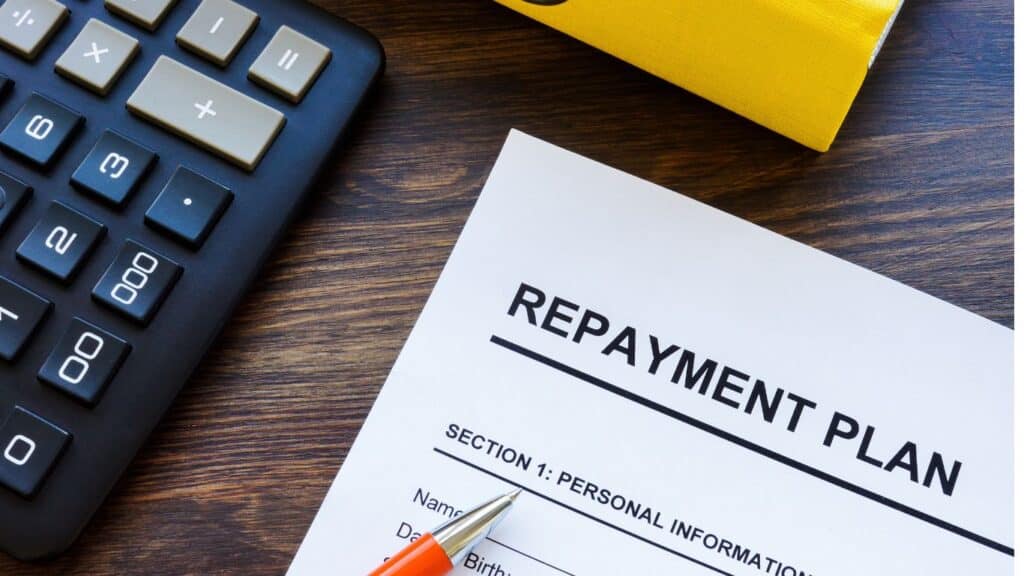
Debt Avalanche Method
Focus: Pay off the highest-interest debt first.
Benefits:
- Saves money on interest over time.
- Can lead to faster debt elimination.
Steps:
- Make Minimum Payments: Continue making minimum payments on all credit cards.
- Allocate Extra Funds: Direct any extra money toward the card with the highest APR.
- Progress: Once the highest-interest card is paid off, move to the next highest, and so on.
Example:
- Pay off MasterCard (22%) first, then Visa (18%), and finally Discover (15%).
Debt Snowball Method
Focus: Pay off the smallest balance first.
Benefits:
- Provides quick wins and boosts motivation.
- Simplifies debt management by eliminating individual debts.
Steps:
- Make Minimum Payments: Continue making minimum payments on all credit cards.
- Allocate Extra Funds: Direct any extra money toward the card with the smallest balance.
- Progress: Once the smallest debt is paid off, move to the next smallest, and so on.
Example:
- Pay off MasterCard ($1,500) first, then Discover ($2,000), and finally Visa ($3,000).
Which Method is Right for You?
- Debt Avalanche: Ideal if you want to minimize interest payments and pay off debt faster.
- Debt Snowball: Best if you need motivational boosts from quick wins.
Balance Transfers & Debt Consolidation 🔄
Exploring options beyond repayment strategies can offer additional ways to manage and reduce your debt.

Balance Transfer Credit Cards
What Are They? Credit cards that allow you to transfer existing debt, often with a low or 0% introductory APR for a set period.
Benefits:
- Reduces the amount of interest you pay.
- Allows more of your payment to go toward the principal balance.
Cautions:
- Balance Transfer Fees: Typically 3-5% of the transferred amount.
- Introductory Period: Ensure you can pay off the balance before the higher APR kicks in.
Example: Transfer a $3,000 balance with a 0% APR for 12 months, saving on interest and accelerating repayment.
Debt Consolidation Loans
What Are They? Personal loans that combine multiple debts into a single monthly payment, often with a lower interest rate.
Benefits:
- Simplifies payments by consolidating multiple debts.
- Potentially reduces the total interest paid.
Cautions:
- Eligibility: Requires a good credit score to secure favorable terms.
- New Debt: Avoid accruing new debt while paying off the consolidation loan.
Example: Consolidate three credit card debts totaling $6,500 into a single loan with a 10% APR, lowering monthly payments and interest.
When to Consider These Options
- High-Interest Debt: If you’re struggling with high-interest rates that make repayment difficult.
- Multiple Debts: If managing multiple payments is overwhelming.
- Credit Score: If you have a good credit score that qualifies you for favorable terms.
Negotiate with Creditors 🤝
Sometimes, a direct approach can lead to more manageable debt repayment terms.
Lower Interest Rates
How to Do It:
- Contact Your Credit Card Company: Call the customer service number on your statement.
- Explain Your Situation: Be honest about your financial challenges.
- Request a Lower Rate: Politely ask if they can reduce your APR to make repayments more manageable.
Example Script: “Hi, I’ve been a loyal customer for three years, but I’m currently facing some financial difficulties. Is there a way to lower my interest rate to help me manage my payments better?”
Payment Plans
What Are They? Customized plans where creditors agree to more manageable payment terms, such as reduced monthly payments or extended repayment periods.
Benefits:
- Makes monthly payments more affordable.
- Prevents default and further credit score damage.
Debt Settlement
What Is It? Negotiating with creditors to accept a lump-sum payment that’s less than the full amount owed.
Cautions:
- Credit Score Impact: Can significantly lower your credit score.
- Tax Implications: The forgiven debt may be considered taxable income.
- Not Guaranteed: Creditors may not agree to settle.
Example Scenario: Offer to pay 60% of your outstanding debt in a single payment in exchange for forgiving the remaining 40%.
Tips for Successful Negotiation
- Be Prepared: Know your financial situation and have a clear idea of what you can offer.
- Stay Professional: Keep the conversation respectful and focused on finding a solution.
- Get Agreements in Writing: Ensure any negotiated terms are documented to avoid misunderstandings.
Seek Professional Help 🧑💼
If managing debt on your own feels overwhelming, professional assistance can provide valuable support.
Credit Counseling Agencies
What Are They? Non-profit organizations that offer guidance on managing debt, creating budgets, and negotiating with creditors.
Benefits:
- Debt Management Plans (DMPs): Structured plans to repay debt over a set period.
- Expert Advice: Access to financial experts who can tailor solutions to your needs.
Cautions:
- Reputable Agencies: Ensure you work with accredited and trusted organizations to avoid scams.
- Potential Fees: Some agencies may charge fees for their services, so clarify costs upfront.
Example Agencies:
- National Foundation for Credit Counseling (NFCC)
- Financial Counseling Association of America (FCAA)
Financial Advisors
What Do They Do? Certified financial planners offer personalized advice on managing finances, including debt repayment, savings, and investments.
Benefits:
- Customized Plans: Tailored strategies based on your unique financial situation.
- Long-Term Planning: Assistance with not only debt repayment but also future financial goals.
When to Consult:
- If you have a complex financial situation.
- When you need comprehensive financial planning beyond debt repayment.
Avoid Accumulating More Debt 🚫
While paying off existing debt is crucial, preventing new debt from accumulating is equally important.
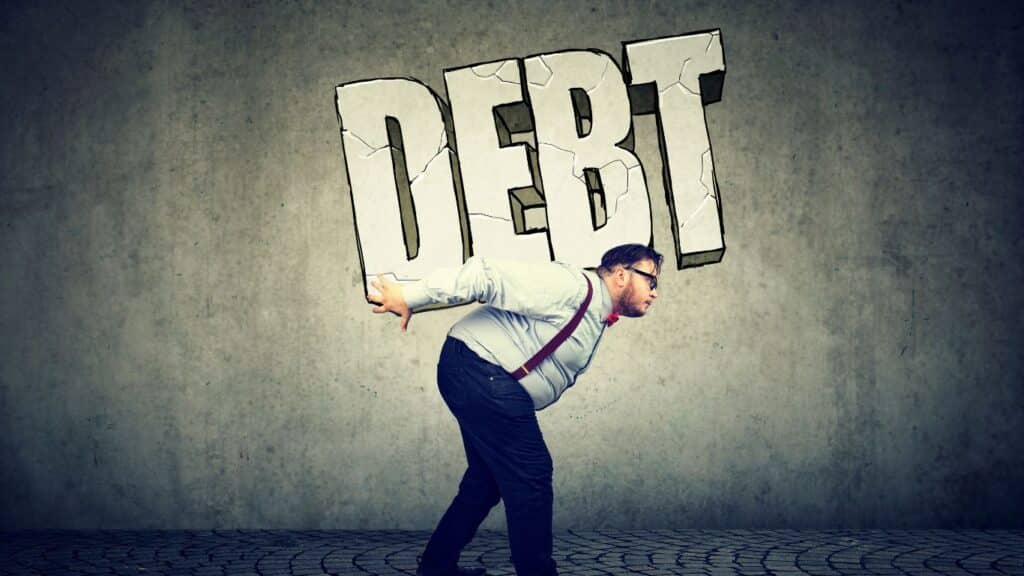
Stop Using Credit Cards
- Cut Up Cards: Consider physically removing credit cards to reduce temptation.
- Use Cash or Debit: Opt for cash or debit cards to manage spending more effectively.
- Track Every Purchase: Keep a close eye on your spending to stay within your budget.
Build an Emergency Fund
Having savings can prevent the need to rely on credit cards for unexpected expenses.
How to Start:
- Set a Goal: Aim for at least 3-6 months’ worth of living expenses.
- Automate Savings: Set up automatic transfers to your savings account each payday.
- Start Small: Even small, consistent contributions can grow over time.
Practice Mindful Spending
Be intentional with your purchases and distinguish between needs and wants.
- Create a Shopping List: Stick to a list to avoid impulse buys.
- Wait Before Purchasing: Implement a waiting period for non-essential items.
- Evaluate Necessity: Ask yourself if the purchase is necessary and aligns with your financial goals.
Monitor Your Progress 📈
Regularly tracking your debt repayment progress keeps you motivated and ensures you stay on course.
Regularly Review Statements
- Check Balances: Monitor your credit card balances to see your progress.
- Track Payments: Ensure all payments are being applied correctly.
- Watch Interest Rates: Stay aware of any changes in your APRs.
Adjust Your Plan as Needed
Life circumstances can change, so be prepared to adjust your budget or repayment strategy accordingly.
- Increase Payments: If you receive a raise or bonus, allocate extra funds to debt repayment.
- Reassess Budget: Periodically review and tweak your budget to reflect changes in income or expenses.
- Stay Flexible: Be ready to switch repayment strategies if one method isn’t working for you.
Celebrate Milestones
Acknowledging and rewarding yourself for reaching debt repayment milestones helps maintain motivation.
- Set Milestones: Define specific targets, such as paying off a particular card or reducing debt by a certain percentage.
- Reward Yourself: Choose small, budget-friendly rewards to celebrate achievements.
- Reflect on Progress: Regularly remind yourself of how far you’ve come to stay motivated.
Get Your Free Financial Control Workbook
Download our comprehensive workbook to track your finances, set money goals, and create a solid financial future
Download Free Workbook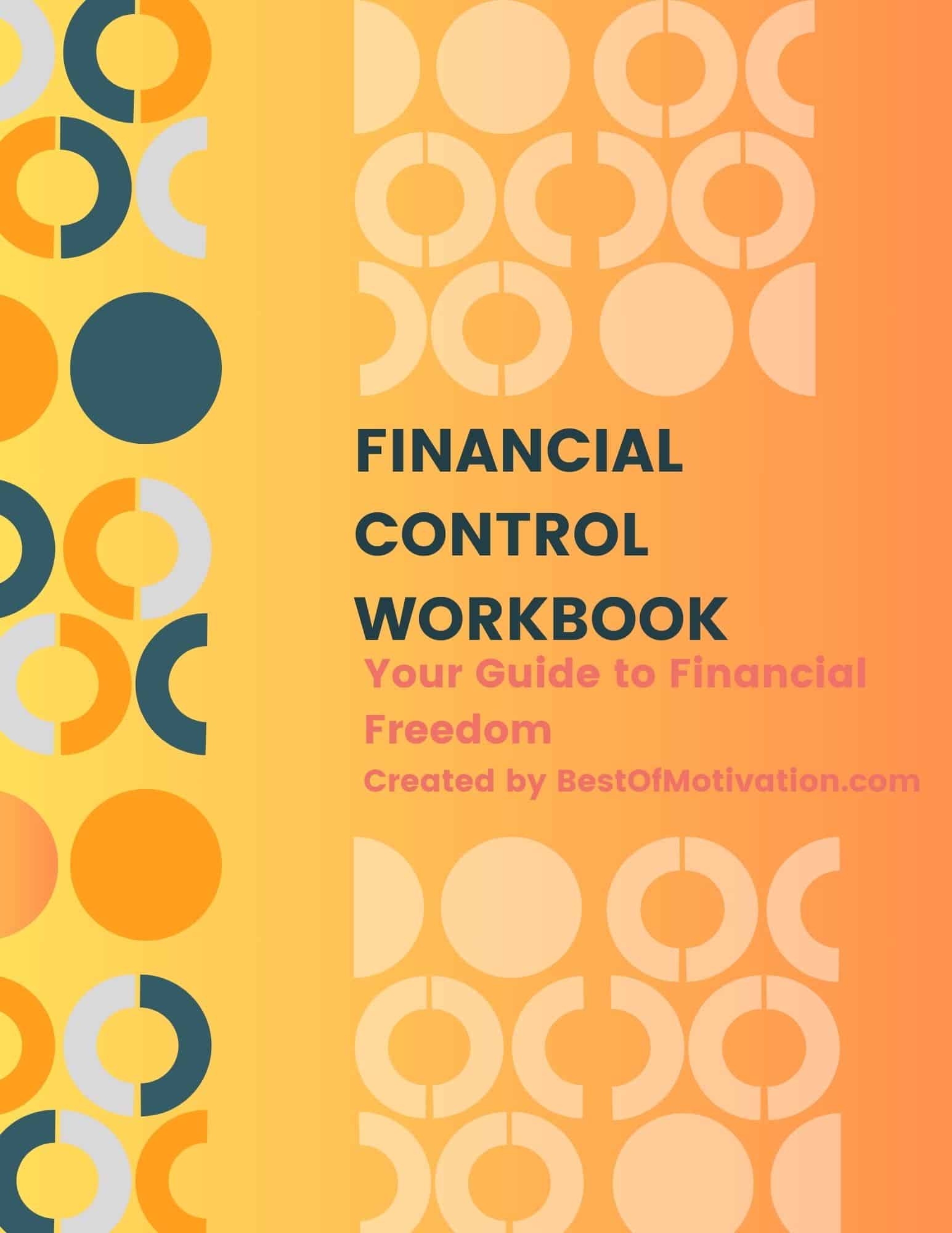
Additional Tips for Success 🌟
Implementing extra strategies can accelerate your debt repayment journey and strengthen your financial health.
Automate Payments
Set up automatic payments to ensure you never miss a due date, which can help avoid late fees and additional interest.
- Schedule Payments: Align payment dates with your payday to manage cash flow effectively.
- Use Multiple Accounts: If possible, distribute payments from different accounts to reduce risk.
- Monitor Automation: Regularly check that automatic payments are processing correctly.
Increase Your Income
Consider side jobs, freelancing, or selling unused items to generate extra funds for debt repayment.
- Freelancing: Utilize your skills in areas like writing, graphic design, or consulting.
- Gig Economy: Participate in opportunities such as ridesharing, delivery services, or tutoring.
- Sell Unused Items: Declutter your home and sell items you no longer need on platforms like eBay or Craigslist.
Educate Yourself
Understanding personal finance and debt management can empower you to make informed decisions and maintain financial health long-term.
- Read Books: Explore personal finance books like “Your Money or Your Life” by Vicki Robin or “The Total Money Makeover” by Dave Ramsey.
- Follow Blogs: Stay updated with reputable financial blogs and websites.
- Take Courses: Enroll in online courses or workshops on budgeting, investing, and debt management.
Utilize Financial Tools
Leverage technology to streamline your debt repayment process and stay organized.
- Budgeting Apps: Use apps like Mint, YNAB (You Need a Budget), or PocketGuard to track income and expenses.
- Debt Calculators: Utilize online debt calculators to visualize repayment timelines and interest savings.
- Spreadsheets: Create detailed spreadsheets to monitor your debt, payments, and progress.
Stay Disciplined and Patient
Paying off debt is a marathon, not a sprint. Maintaining discipline and patience is key to achieving financial freedom.
- Stay Focused: Keep your financial goals in mind and avoid distractions that could derail your progress.
- Be Consistent: Stick to your repayment plan even when progress seems slow.
- Stay Positive: Cultivate a positive mindset and believe in your ability to overcome debt.
💳 Credit Card Payoff FAQ
Final Thoughts 🏁
Executing a successful credit card payoff requires commitment, discipline, and a clear plan. By assessing your situation, creating a realistic budget, choosing an effective repayment strategy, and seeking professional help when necessary, you can steadily work toward paying down and eliminating credit card debt. Remember to stay patient and persistent, as eliminating debt is a significant achievement that takes time and effort.
If you find yourself struggling despite your best efforts, don’t hesitate to reach out to a financial professional for personalized assistance. Taking control of your debt today paves the way for a financially secure and stress-free tomorrow.
💰 More Financial Tips
Level up your financial knowledge
Save Money: 3 Steps to Financial Freedom
Master the 50-30-20 rule for success 📊
Motivation for Saving Money
Stay inspired while building wealth 💪
Money-Saving Tips for Christmas
Smart holiday shopping strategies 🎁
Financial Success Guide
Complete guide to financial freedom ⭐
